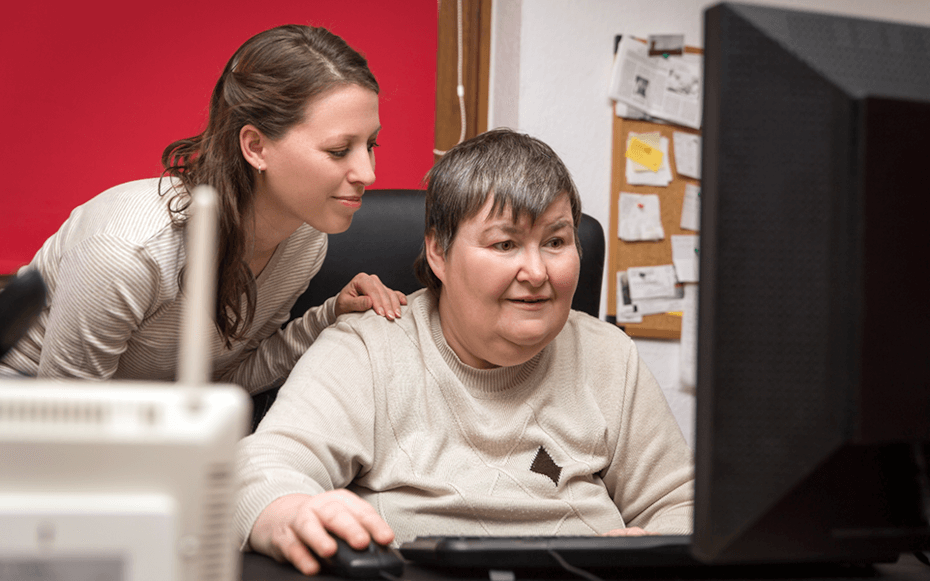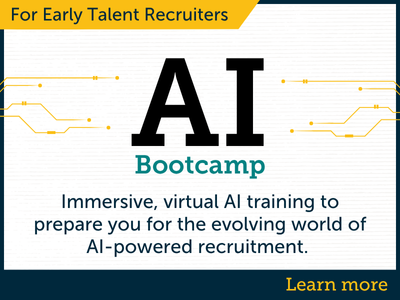Spotlight for Recruiting Professionals
To get the best results when recruiting and hiring neurodiverse candidates, employers need to be flexible, supportive, and willing to make accommodations.
“Many neurodiverse students have never worked or, if they have, many work in part-time jobs making at or near minimum wage,” says David Franco, director of Exceptional Academy, a Michigan-based nonprofit that offers IT training to local adults with disabilities, and presenter during NACE’s Disability Signature Series.
“They tend to lack certain skills to work in professional-type jobs. Furthermore, since most have never worked, they lack basic soft skills that are necessary for them to succeed in the workplace.”
Franco says these students need training and support to develop more advanced skill sets.
“This will help them get beyond the janitorial or grocery store bagger jobs that are typically available to this population,” he notes.
When working with neurodiverse individuals, employers need to be flexible and willing to make accommodations, by, for example, adjusting their interview process. A traditional interview process, Franco explains, can prove to be tricky for neurodiverse individuals.
“They are going to interview differently,” he says.
“The most successful companies adapt their interview styles for this population to help identify their strengths without having them encounter obstacles during the process. This helps them to feel more comfortable and allows them to better present themselves.”
Adjustments might include providing candidates with details of what the interview will involve beforehand, avoiding jargon, eliminating sensory triggers from the interview space, or asking interviewees to show their work—such as via a portfolio—instead of requiring them to articulate it.
Franco notes that there are many ways for employers to better understand these candidates and the benefits they can bring to an organization. He suggests organizations seek partnerships with programs that provide training and resources on how to better recruit, onboard, and retain neurodiverse individuals.
“Just as neurodiverse individuals need training to succeed in the workplace, employers may need training to understand and support the unique needs of these individuals as employees,” Franco says.
“The main thing is for employers to maintain an open mind and understand that recruiting and hiring from this population is going to require different types of approaches. Offering them ongoing support—such as assigning these employees an internal mentor—is also crucial in terms of their retention and longevity with the organization.”
David Franco, director of Exceptional Academy, will present “The Exceptional Academy: Preparing People With Disabilities for Successful Careers” during NACE’s Disability Signature Series in Recognition of National Disability Employment Awareness Month.






